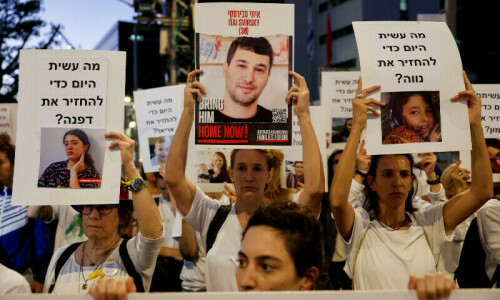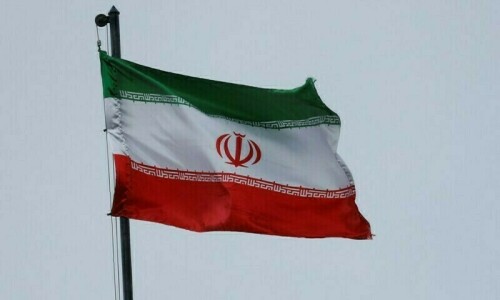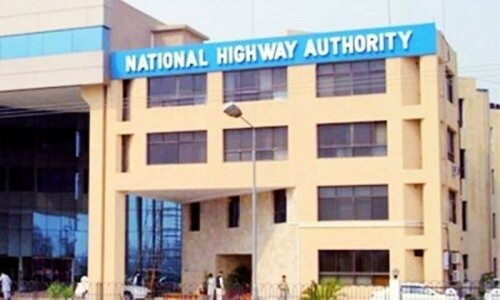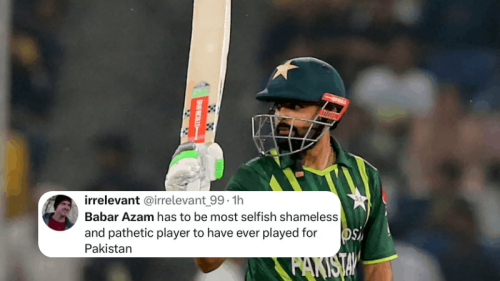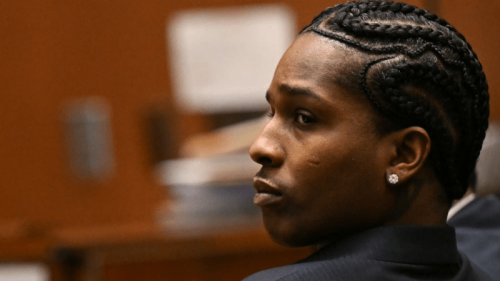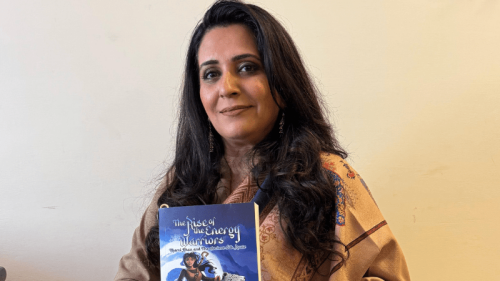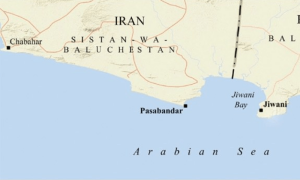BAGHDAD: Two suicide bombers, one in an explosives-laden car and the other on foot, struck a cluster of funeral tents packed with mourning families in a Shia neighborhood in Baghdad, the deadliest in a string of attacks around Iraq that killed at least 96 people on Saturday.
The assaults, the latest in a months-long surge of violence, are a chilling reminder of insurgents' determination to re-ignite sectarian conflict more than a decade after the US-led invasion.
Thousands of Iraqis have been killed in violent attacks in recent months, a level of bloodshed not seen since Iraq pulled back from the brink of civil war in 2008, despite appeals for restraint from Shia and Sunni political leaders.
The attack on the funeral was one of the largest single terrorist assaults on civilians in Iraq in recent years.
It happened shortly before sunset in the densely populated Shia neighborhood of Sadr City in northeastern Baghdad.
Police said at least 72 people were killed and more than 120 were wounded in that attack.
One bomber was able to drive up near the tent before detonating his deadly payload, and another on foot blew himself up nearby, police said.
The explosions set the tents and several nearby cars on fire, sending a towering plume of thick black smoke over the city.
''I saw several charred bodies on the ground and tents on fire and also burning cars. Wounded people were screaming in pain,'' said Sheik Sattar al-Fartousi, one of the mourners. ''The scene was horrible. The funeral turned into an inferno.''
He said the first blast went off as dinner was being served in one of several tents set up for the funeral of a member of the al-Fartousi tribe.
He estimated that more than 500 people were attending the event.
Civilian pickup trucks loaded with casualties and ambulances with sirens blaring were seen racing from the scene.
Hussein Abdul-Khaliq, a government employee who lives near the bomb site, said the tents were packed with mourners when the blasts went off.
He described seeing several lifeless bodies on the ground, and wounded women and children.
The clothes of several victims were soaked with blood, and firefighters had to leave the scene to refill tanker trucks with water as they struggled to contain an immense blaze, he said.
''This funeral was not a military post or a ministry building, yet it was still targeted,'' Abdul-Khaliq said. ''This shows that no place and no one is safe in Iraq.''
Less than two hours after the funeral attack, another car bomb blast struck a commercial street in the nearby Ur neighborhood, killing nine people and wounding 14, according to police.
Gunmen later shot up a shop that has been discretely selling liquor in the largely Sunni neighborhood of Azamiyah, killing four people, police said.
Earlier in the day, insurgents launched a suicide attack on a police commando headquarters in the city of Beiji, an oil refining center 250 kilometers north of Baghdad.
Guards managed to kill one suicide bomber, but the three others were able to set off their explosive belts inside the compound, killing seven policemen and wounding 21 others, police said.
In other violence, gunmen shot and killed two prison guards after storming their houses in a village near the restive city of Mosul early Saturday.
Two soldiers were killed and four others were wounded when a roadside bomb struck their convoy in Mosul, which is 360 kilometers northwest of the Iraqi capital.
Medics in nearby hospitals confirmed the casualty figures. All officials spoke on condition of anonymity because they were not authorized to speak to media.
There was no immediate claim of responsibility for the day's attacks. Al Qaeda's local franchise in Iraq frequently targets Shia civilians and security forces in an attempt to undermine public confidence in the Shia-led government in Baghdad.
Saturday's violence came as voters in the northern Kurdish autonomous region cast ballots in local elections for the Kurdistan Regional Government's 111-seat legislature. Iraqi Kurds are looking to bolster their autonomy while insulating their increasingly prosperous enclave from the growing violence roiling the rest of the country.
The pace of violent attacks in parts of Iraq outside the three-province Kurdish region has spiked sharply since security forces carried out a deadly crackdown on a Sunni protest camp in northern Iraq in April.
Iraq's minority Sunni Arabs have been protesting against the Shia-led government since late last year, alleging discrimination and criticizing the application of tough anti-terrorism measures against their sect.
Sunni extremists have been trying to capitalise on those Sunni-Shia tensions, which are being inflamed by the sectarian divisions reflected in the civil war in neighboring Syria.




